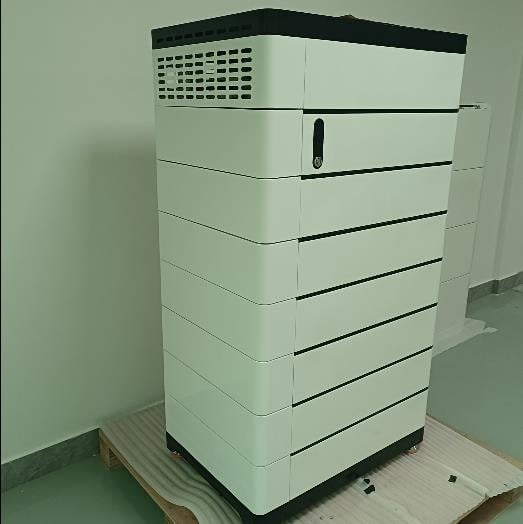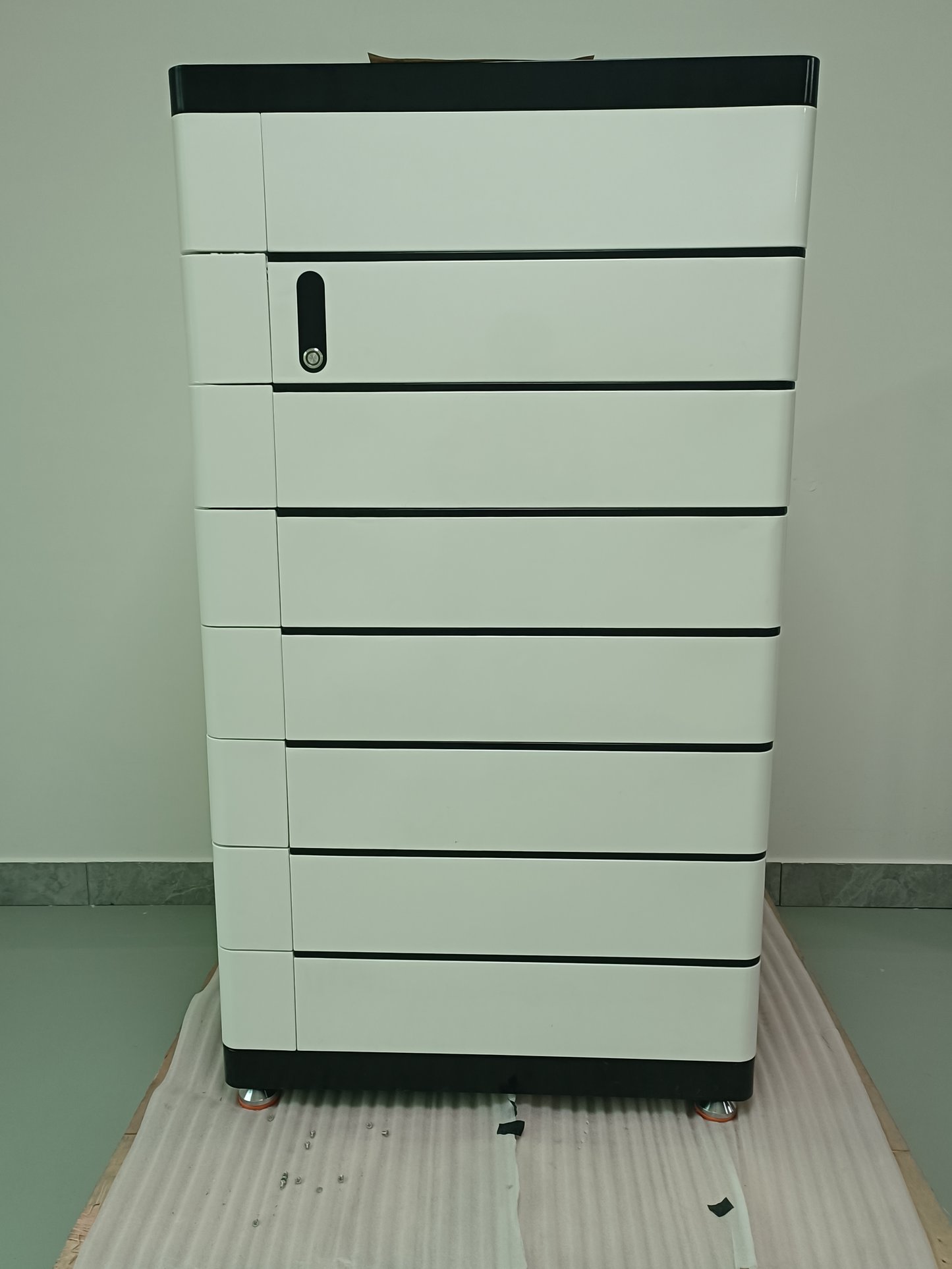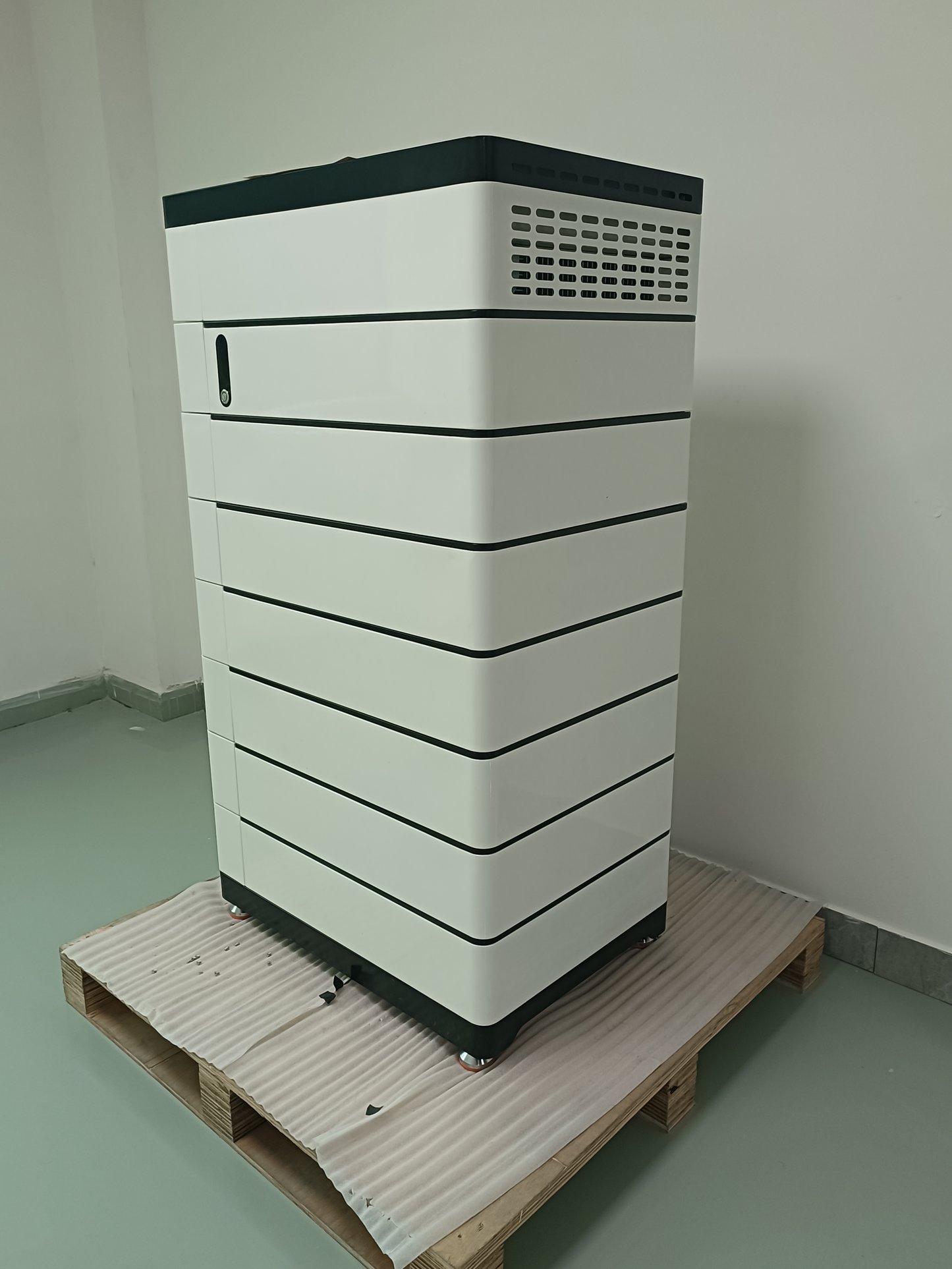Support Customization And Wholesale
Misusing or mishandling lithium ion batteries can pose a SERIOUS RISK of personal injury, property damage, or death
BATTERIES MAY EXPLODE, BURN, OR CAUSE A FIRE IF MISUSED OR MISHANDLED
ONLY use with proper protection circuitry
ONLY use within manufacturer specification
DO NOT store loose in pocket, purse, etc. – always use a protective case
KEEP AWAY from metal objects to prevent short circuiting
DO NOT short circuit
DO NOT use if wrapper or insulator is damaged or torn
DO NOT use if damaged in any way
DO NOT overcharge or over-discharge
DO NOT modify, disassemble, puncture, cut, crush, or incinerate
DO NOT expose to liquids or high temperatures
DO NOT solder
User must be familiar with handling lithium ion batteries before purchase
Usage of batteries is AT YOUR OWN RISK
For years, many people believed that energy storage as a novelty, or the preserve of people living off-grid. Now technological developments and the growth of domestic renewable energy mean this is an area with great potential.
Electricity bills are rising across the country. Make your own clean energy, store excess energy for peak hours and blackouts, and get rid of the power company's grid game.
Energy storage complements the concept of a "smart home". Many smart storage systems allow you to track your energy usage online, and if you use cheaper electricity prices at certain times of the day, such as Economy 7, you can use the low electricity prices from the grid to charge your batteries.
We are starting to see energy storage play an essential role in smart energy management at the grid level. In the future, we could see people using their energy storage devices, including thermos, to store excess electricity in exchange for preferential prices.



